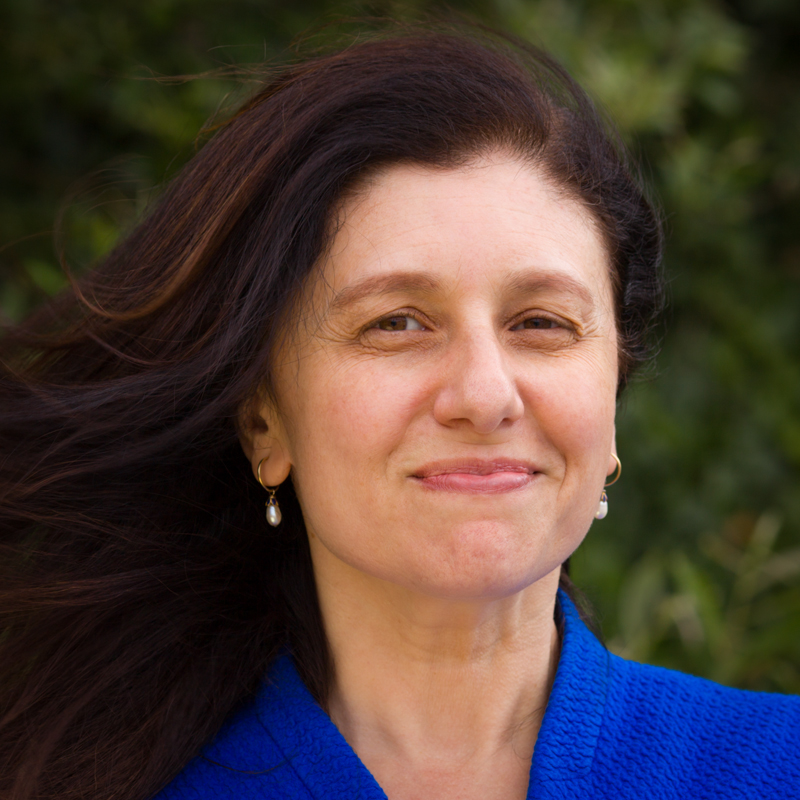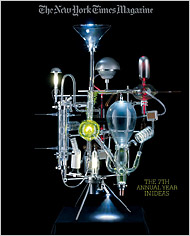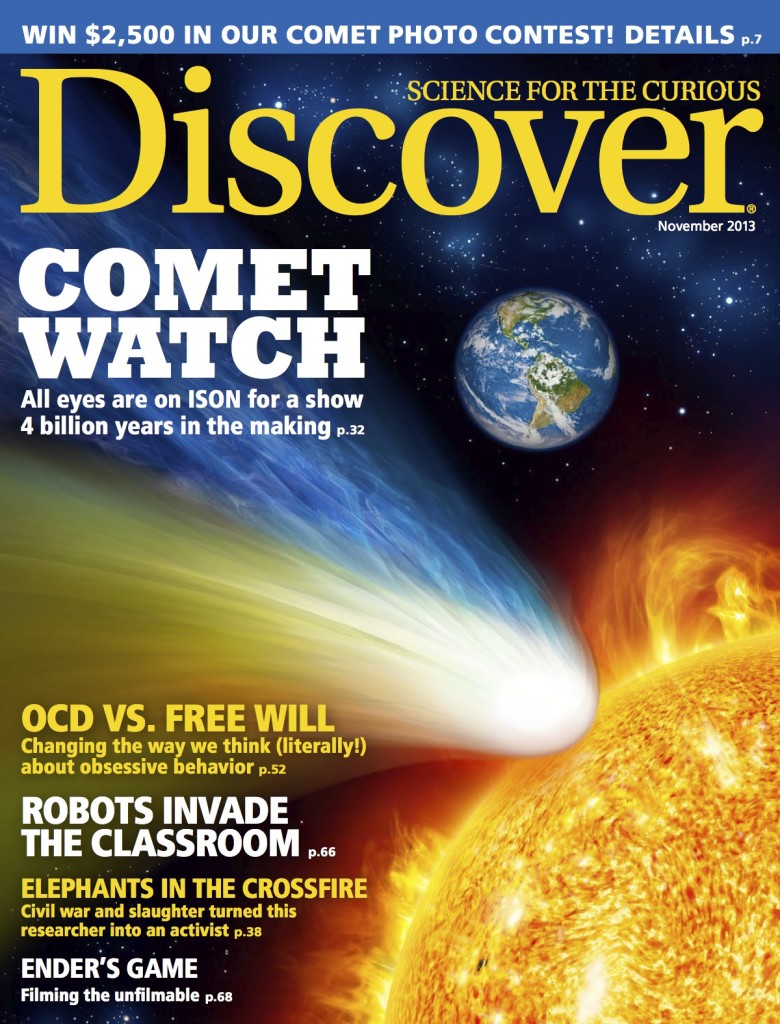Despite Taiwan Visit, It’s Still Greek to Me (Washington Post)
I’d seen the slender paperbacks: “Chinese at a Glance,” “Instant Chinese” and “Mandarin for Halfwits.” Going by these titles, you might assume that learning Chinese isn’t all that different from learning, say, Spanish. But I knew better, even before my recent trip to Taiwan. That’s because my husband is from Hong Kong, and I’d gathered…
Ambiguity Promotes Liking (New York Times Magazine, Year in Ideas)
Is it true that familiarity breeds contempt? A psychology study published this year concludes that the answer is yes. It seems we are inclined to interpret ambiguous information about someone optimistically, assuming we will get along. We are usually let down, however, when we learn more. A team of researchers, led by Michael I. Norton…
The Words That Bind (Discover)
“I can’t pay you a cent more,” Boris tells Sophie, who’s trying to sell him a car. But Sophie stands firm. “You’ll just have to match my price,” she tells him. Around the corner, Ethan and Vickie are haggling over the price of her car. “I really can’t pay you any more,” Ethan says, but Vickie won’t…
The Visible Hand (Stanford)
On the first day of classes in September, most of the 18 people gathered for Al Roth’s course in market design were doctoral students in economics or business. One was studying computer science. A visiting scholar from Beijing thought the class might help her understand problems in the nascent Chinese market for fine art. Roth,…
The God Effect (New York Times Magazine, Year in Ideas)
Some anthropologists argue that the idea of God first arose in larger societies, for the purpose of curbing selfishness and promoting cooperation. Outside a tightly knit group, the reasoning goes, nobody can keep an eye on everyone’s behavior, so these cultures invented a supernatural agent who could. But does thinking of an omniscient God actually…
Making Books: Literary Prizes (Washington Post Book World)
If Sig Gissler, administrator of the Pulitzer Prizes, ever needs reminding why his work matters, he can just think back to an incident two years ago at the Owl and Turtle Bookshop in Camden, Maine: Pulitzer Prize-winner Richard Russo was signing books, and Gissler, having just taken the job, was curious about the impact of…
Giving Up the Food Fight (San Francisco Chronicle Magazine)
My 4-year-old hasn’t bought into the low-carb craze. Sarah favors a diet rich in rice, bread, pasta, buns and sometimes bananas, for the extra constipation. It’s not that my daughter prefers simple carbohydrates — it’s more that she believes in the natural superiority of foods that are white, the paler and blander the better. That’s…
The Science of Lasting Happiness (Scientific American)
The day I meet Sonja Lyubomirsky, she keeps getting calls from her Toyota Prius dealer. When she finally picks up, she is excited by the news: she can buy the car she wants in two days. Lyubomirsky wonders if her enthusiasm might come across as materialism, but I understand that she is buying an experience…
The Effort Effect (Stanford)
One day last November, psychology professor Carol Dweck welcomed a pair of visitors from the Blackburn Rovers, a soccer team in the United Kingdom’s Premier League. The Rovers’ training academy is ranked in England’s top three, yet performance director Tony Faulkner had long suspected that many promising players weren’t reaching their potential. Ignoring the team’s…
Saving the Ranch (O, the Oprah Magazine)
“I’ve always preferred the freedom of riding alone,” Elizabeth Crawford says, taking long, purposeful strides as she shows me where she likes to bring her horse. We’re on Ahmanson Ranch, a vast tract of rolling, oak-studded hills bordering Los Angeles and Ventura counties that Crawford helped to preserve. Although the 2,983-acre ranch appears tranquil, the…
- « Previous
- 1
- 2
- 3
- 4
- Next »










